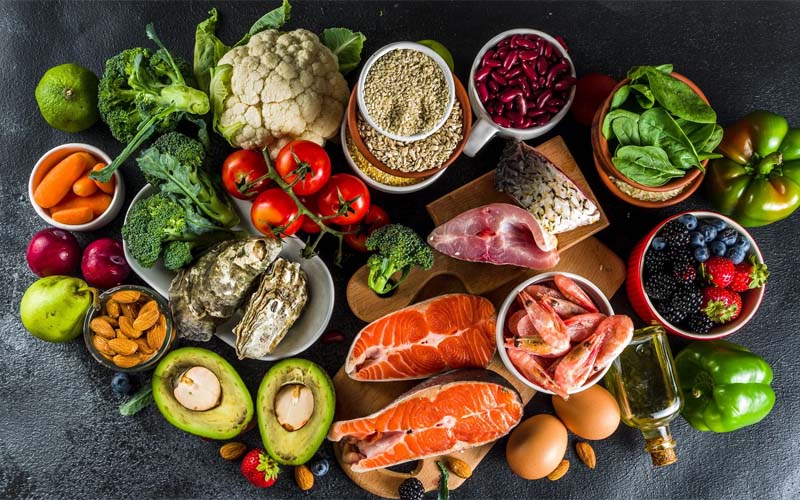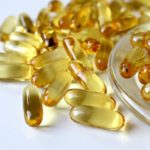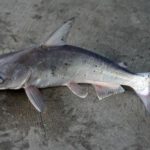The Pescatarian Diet is one of many diets gaining popularity worldwide, alongside the well-known Vegan Diet. Today, let’s explore this dietary approach together.
1 What is the Pescatarian Diet?
 What is the Pescatarian Diet?
What is the Pescatarian Diet?
The Pescatarian Diet is a unique approach to eating that excludes meat from land animals but includes seafood and fish. Adherents to this diet are often referred to as Pesco-Vegetarians or Pescatarians.
One of the key advantages of this diet is that it provides a wealth of nutrients and fewer saturated fats, something that other diets may struggle to achieve. However, the most significant drawback is the high cost of maintaining this diet over an extended period.
2 How is it Done?
Foods to Include
 Foods to Include
Foods to Include
The Pescatarian Diet incorporates a variety of foods, including fruits, vegetables, dairy products, and seafood. Additionally, eggs and plant-based proteins are also acceptable, as long as you refrain from consuming meat from land animals.
How to Implement the Diet
 How to Implement the Diet
How to Implement the Diet
Unlike the Vegetarian diet, the Pescatarian Diet is considered more flexible and easier to follow. This is because it allows for a wider range of food choices, making it simpler to maintain over the long term.
Implementing this diet is similar to following a vegetarian lifestyle, but with the addition of seafood and fish as a source of protein. Including a small amount of seafood or fish in your vegetarian meals can make them more palatable and nutritionally balanced.
3 Benefits of the Pescatarian Diet
Anti-Inflammatory Properties
 Increased Vitamin D and Vitamin B12 Intake
Increased Vitamin D and Vitamin B12 Intake
A standard vegetarian diet may not provide sufficient amounts of vitamin D and vitamin B12. The Pescatarian Diet helps address this issue by including these essential vitamins in your meals. Vitamin D is crucial for strong bones and teeth, as well as a robust immune system. Meanwhile, vitamin B12 boosts energy levels, keeping you active throughout the day.
Reduced Antibiotic and Growth Hormone Intake
 Reduced Antibiotic and Growth Hormone Intake
Reduced Antibiotic and Growth Hormone Intake
Meat from industrially raised animals often contains high levels of antibiotics and growth hormones. Excessive consumption of these substances can have adverse effects on human health, making it easier for antibiotic-resistant bacteria to cause infections.
Environmental Benefits
 Environmental Benefits
Environmental Benefits
The Pescatarian Diet reduces reliance on factories and industrial food production, which contribute to increased water consumption and deforestation, causing harm to the environment, ecosystems, and global warming.
4 Things to Keep in Mind
 Things to Keep in Mind
Things to Keep in Mind
It’s important to note that the Pescatarian Diet is not a formal diet or specific weight-loss plan. Therefore, those following this approach need not be overly concerned about the amount of food they consume daily.
While positive impacts on cardiovascular health and diabetes management have been reported, it is still advisable to consult a doctor before adopting this diet. Additionally, pregnant or breastfeeding women should avoid raw seafood (such as sushi or sashimi) and be mindful of the mercury levels in the fish they consume, as it can negatively affect fetal development. Fish high in mercury that should be limited include swordfish, shark, king mackerel, tilefish, and marlin.
We hope that this article has provided you with valuable insights into the Pescatarian Diet and how to implement it. Thank you for reading!
Sources: Various



































